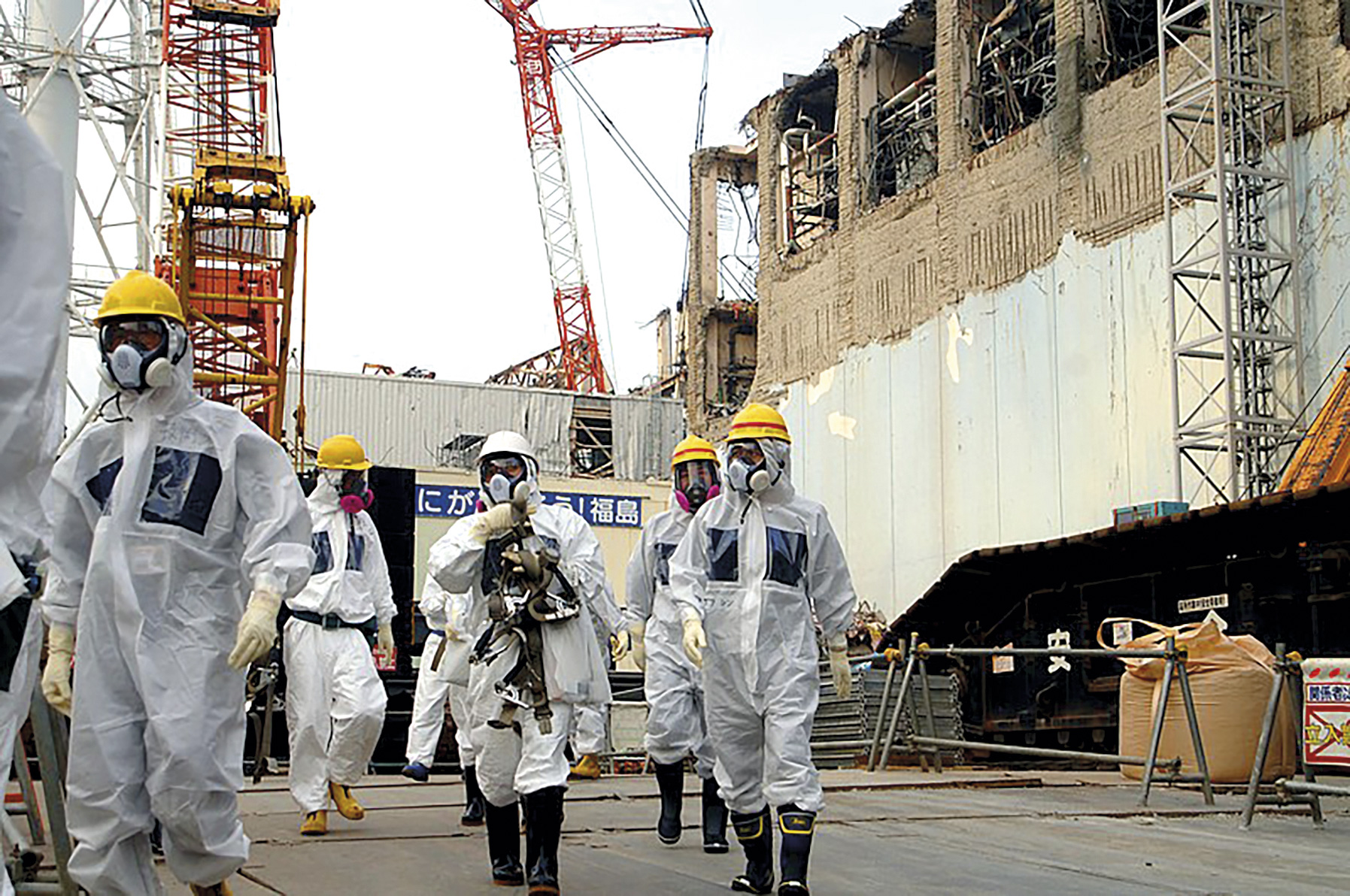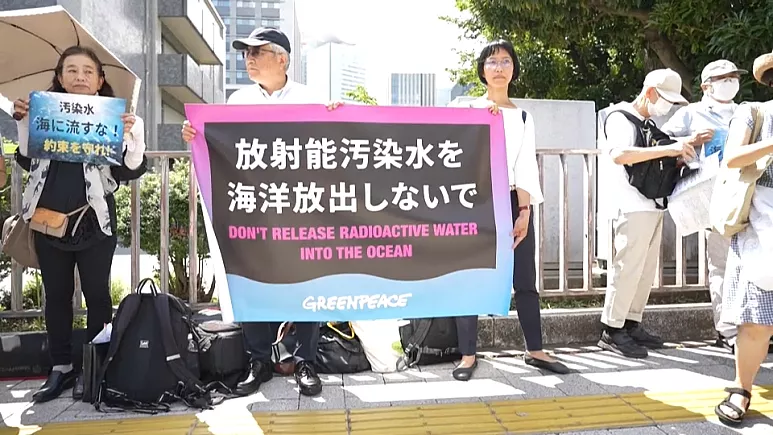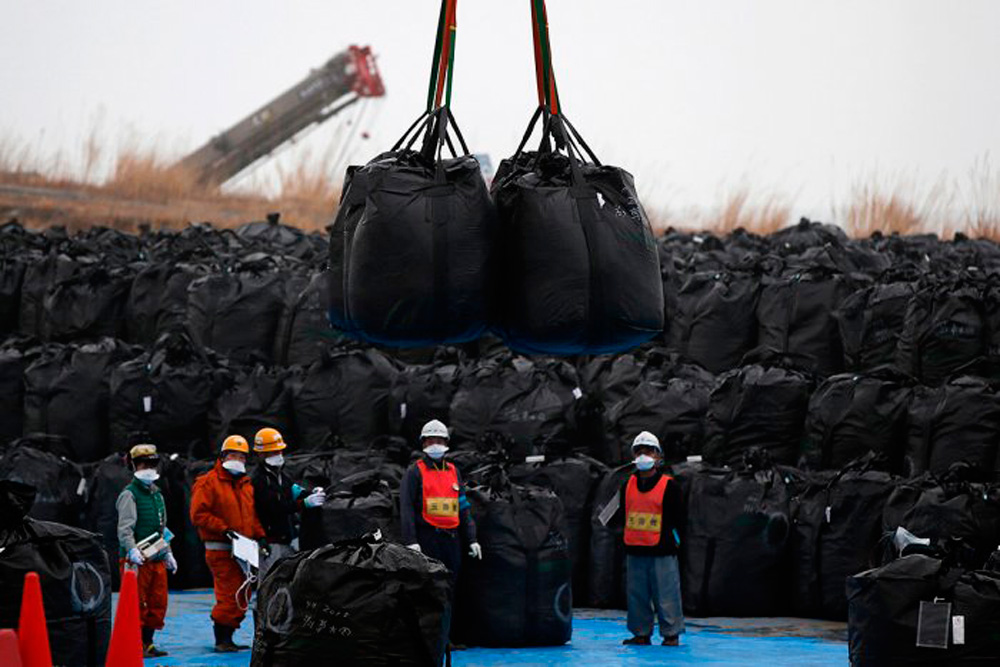The Government of Japan approves the dumping of contaminated water from Fukushima
- On 13 April, the Japanese Government decided that it would see to the Pacific Sea the radioactive water accumulated in the nuclear power plant that suffered the accident in 2011 in Fukushima. The operation shall last for two years. These waters, of 1.25 million tonnes, which are currently contaminated and are to be discharged into the sea, have been used to cool the nuclear reactors, as well as underground wells and rains.

Japan's Prime Minister, Yoshihide Suga, has stated that this measure is "inevitable" and "the most realistic" to allow the dismantling of the nuclear power plant. Since the beginning of last year, the government has advocated the dumping of polluted water into the sea, but the claims of the Fukushima Government and local fishermen’s associations have made decision-making difficult.
Conventional nuclear practices industry
The Nigerian authorities have stated that the discharge of radioactive water does not pose a risk to human health, since the level of tritium to be emitted is within the health limits and have indicated that this practice is common in the nuclear industries of other countries.
Over 1.25 million tonnes of radioactive water
It is the contaminated water that was used to cool the reactors when the nuclear power plant was hit by an accident. There have also been cases of pollution in underground wells in the area and rainwater that has been leaked. All of these, over 1.25 million tons of contaminated water, are purified in Daiichi infrastructures, but cannot separate the tritium. This water, which has hitherto been stored in giant containers, is expected to be completed by the autumn of next year.
News in other media:
The Fukushima nuclear power plant exploded on 11 March 2011. The images that were broadcast on television perpetuated the moment of the explosion and the subsequent white cloud in the sky. In the news of the coming days and months Fukushima had special relevance, but the speed... [+]






















